
Cadbury has acquired the unique air fryer technology developed by Urban Legend for its HFSS-compliant doughnuts, according to new documents lifting the lid on the administration of the business.
It remains unclear in what capacity Cadbury owner Mondelez International, which was one of the major backers of Urban Legend, intends to use the equipment. The Grocer has reached out to Mondelez for comment.
Urban Legend collapsed into administration in September, as revealed by The Grocer at the time, following an unsuccessful attempt to bring in new funding.
The new report by administrators showed Believe in Science Ltd, the registered name of the company, owed an estimated £6m to creditors. There is not expected to be money available to repay more than a small percentage of the money owed.
Was Urban Legend ahead of its time or always set to fail?
Urban Legend, founded by former Graze CEO Anthony Fletcher in 2021, developed unique technology to make a product with half the fat and sugar of a traditional doughnut. A specially designed air fryer was used in the process to replicate the taste and texture of a doughnut made in a deep fat fryer.
Large sums were ploughed into R&D and the IP behind the brand to bring its doughnuts to market.
It meant ongoing funding was required to help the company reach a scale where it could bring in enough income to meet the high trading costs. The business model of delivering fresh doughnuts to supermarkets, including Tesco and Sainsbury’s every day also placed a further burden on the company.
Urban Legend brought in more than £13m in investment from the likes of the VC arm of Mondelez International, Samworth Brothers’ investment firm Perfect Redd, JamJar, Eka Ventures, the Good Food Fund and footballer Harry Kane, as well as health charities and angel investors.
It also borrowed £4.1m from shareholders and had asset-based lending facilities in place.
However, stalling sales growth and mounting losses meant the business needed to be restructured if it was to survive, the report said.
Losses in the year to 31 July 2025 came in at £5.2m, compared to £4.7m in 2023/24, as overheads continued to get larger. Meanwhile revenues barely nudged up from £1.4m in 2023/24 to £1.6m in the most recent financial year.
It took total losses at the company to £16.7m.
Urban Legend attempted to implement cost-cutting measures and moved the business away from the expensive delivery model in place.
But the restructuring effort required further funding. The company directors entered discussions with shareholders for another investment round, including some bridge funding.
However, the attempts to bring in the necessary cash were unsuccessful.
In late August, a process to sell the company’s assets kicked off and the business appointed Leonard Curtis as administrator on 25 September.
Ultimately, it led to a deal on 30 October with Mondelez subsidiary Cadbury UK, which paid £65k for the IP and air fryer.
Aurora Leasing, which leased the business equipment, was owed £800k as the secured creditor, while claims from unsecured creditors are estimated to be £4.7m, and a further £300k is owed to the 50-plus employees made redundant during the administrations and HMRC.
The majority of the unsecured claims stemmed from £4.1m of shareholder loans, including £2.9m to Mondelez, £500k to Perfect Redd, £400k to JamJar and £200k to Eka Ventures.







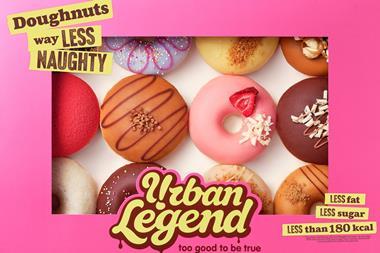
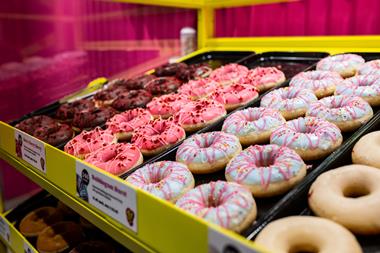
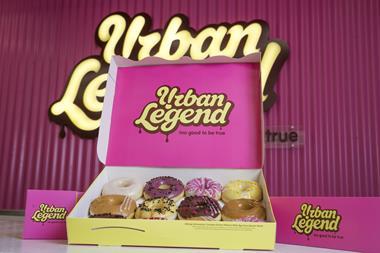
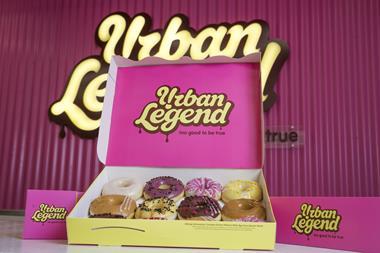

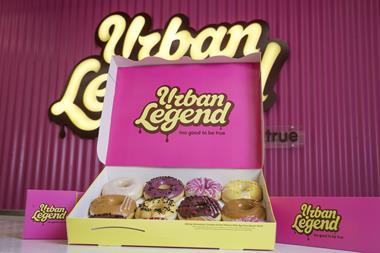






No comments yet